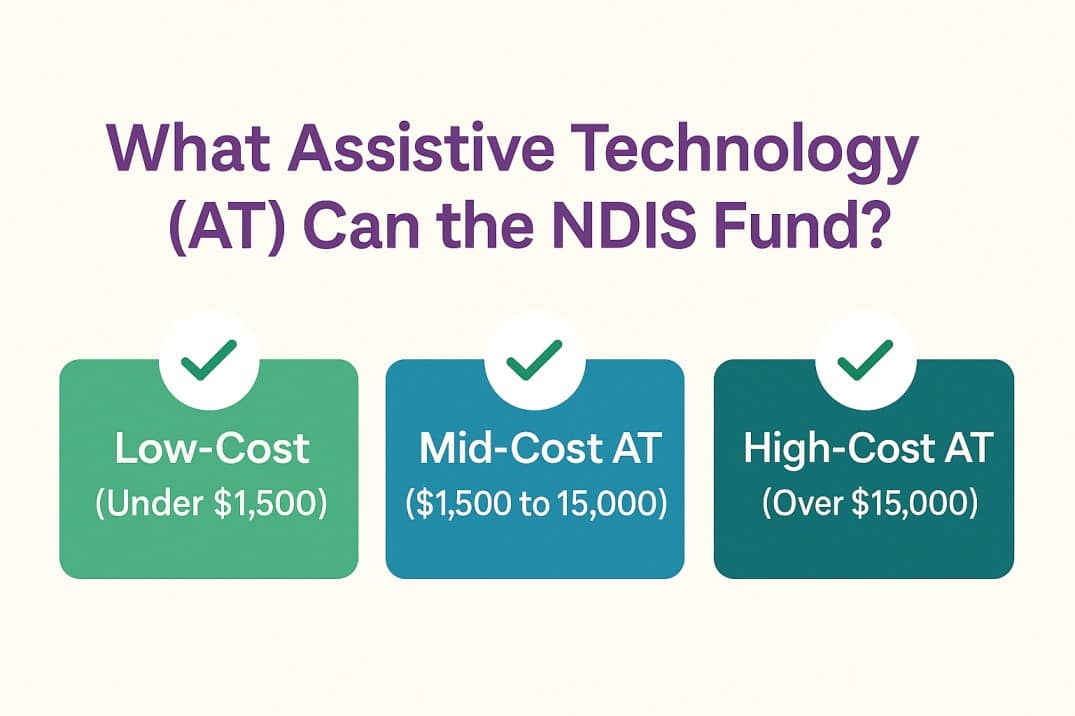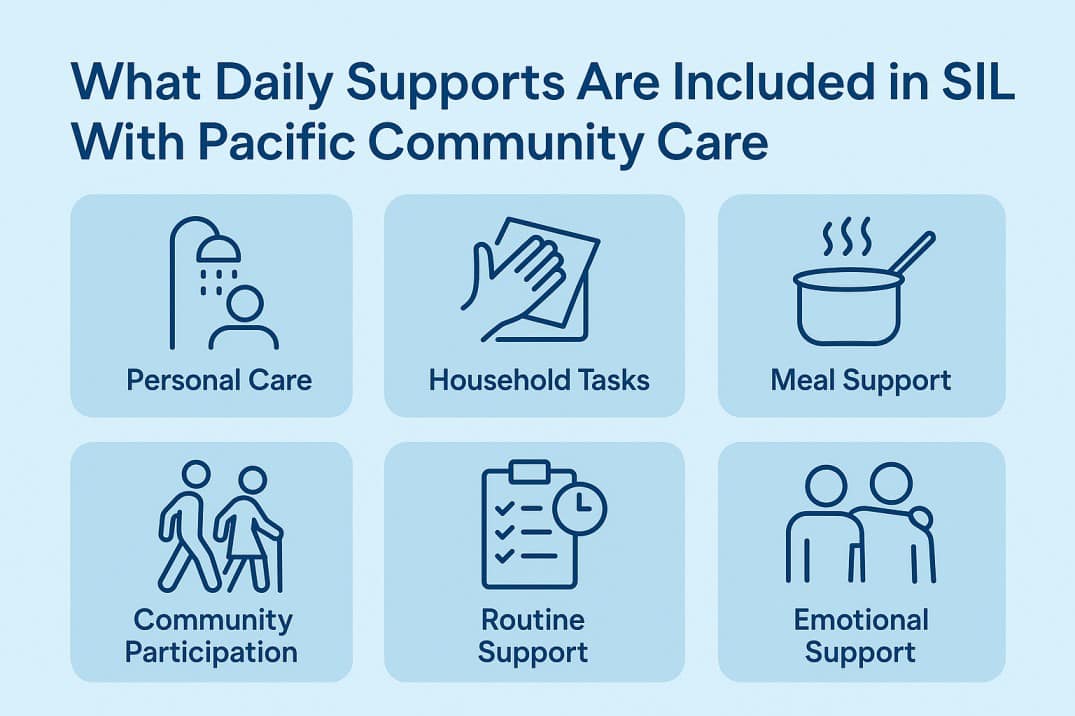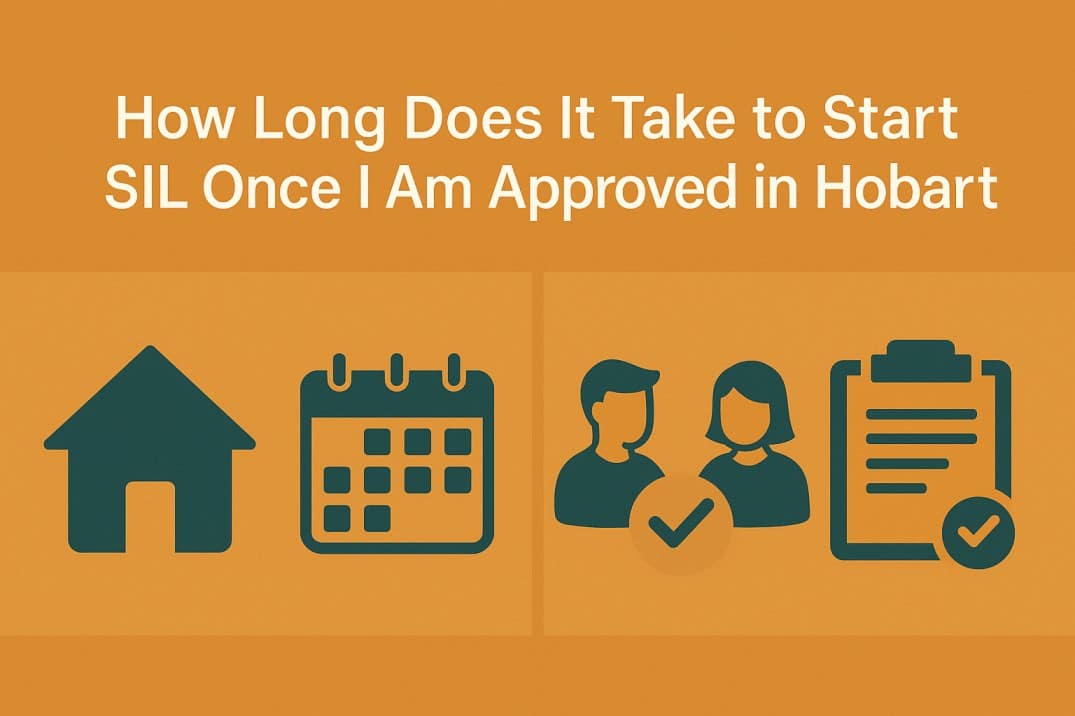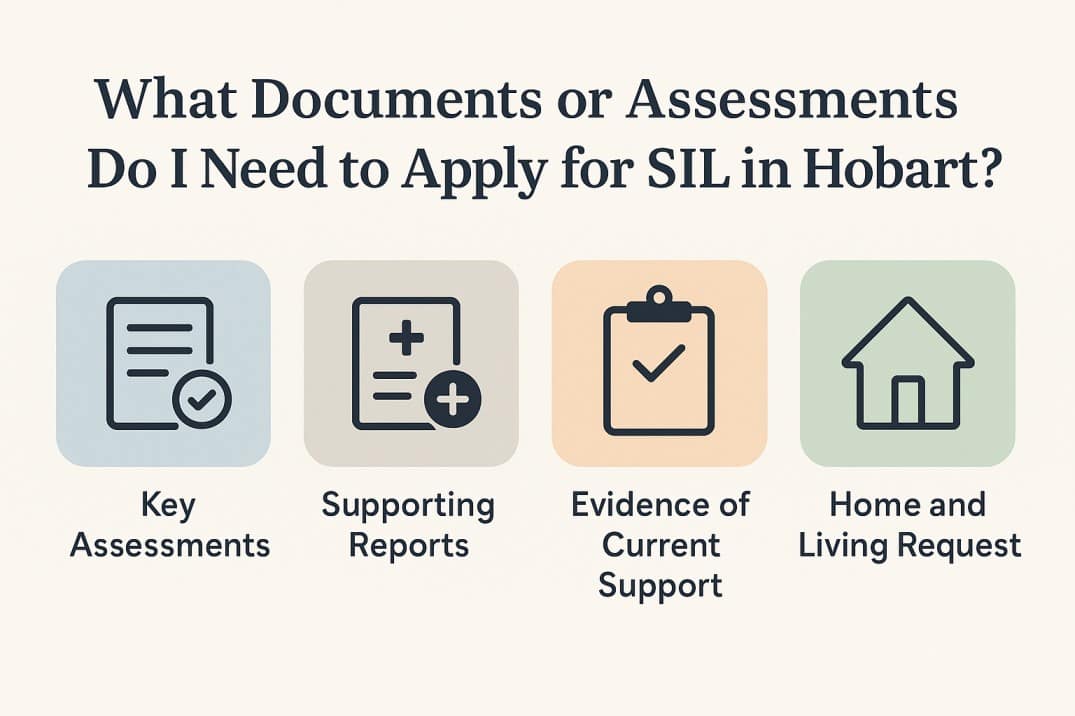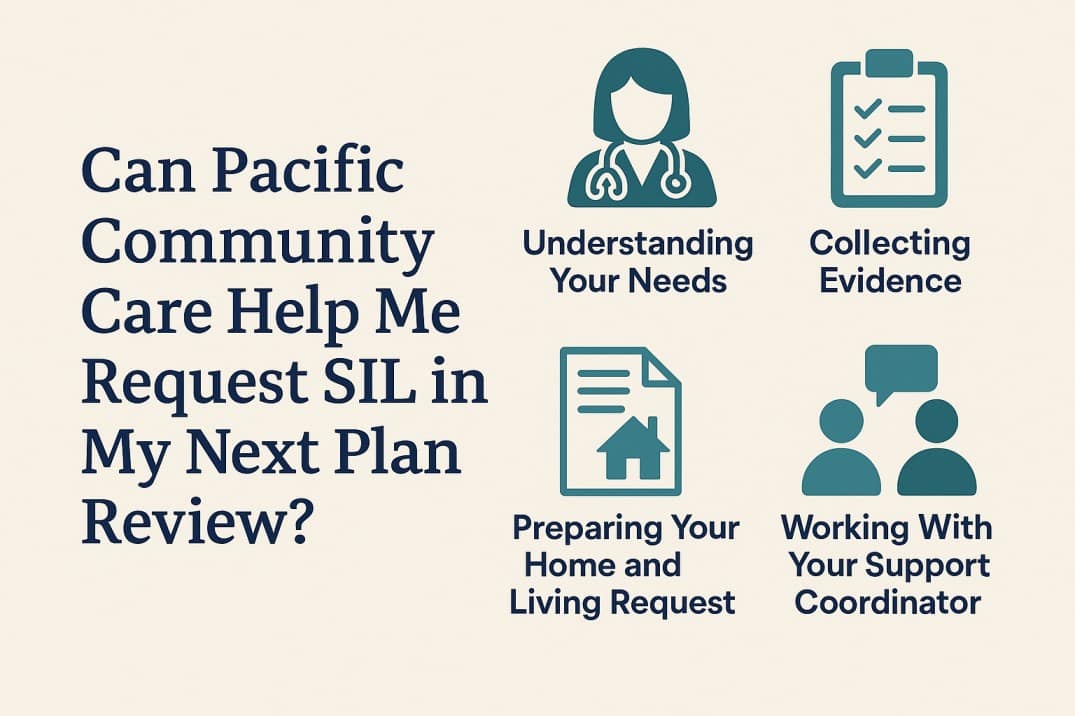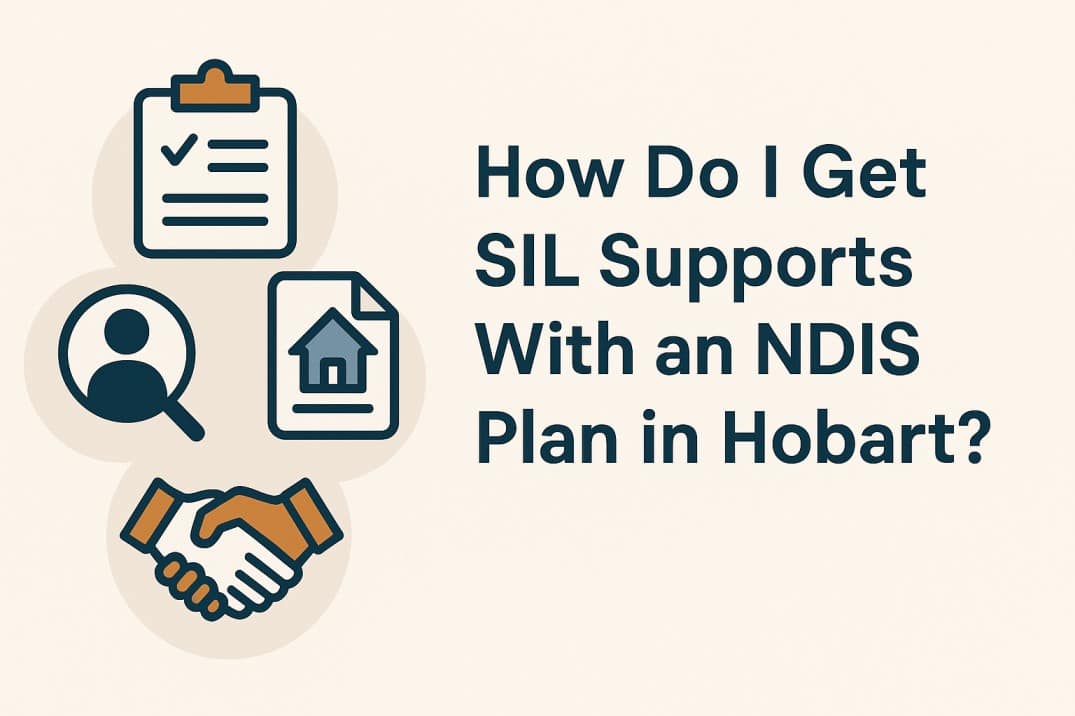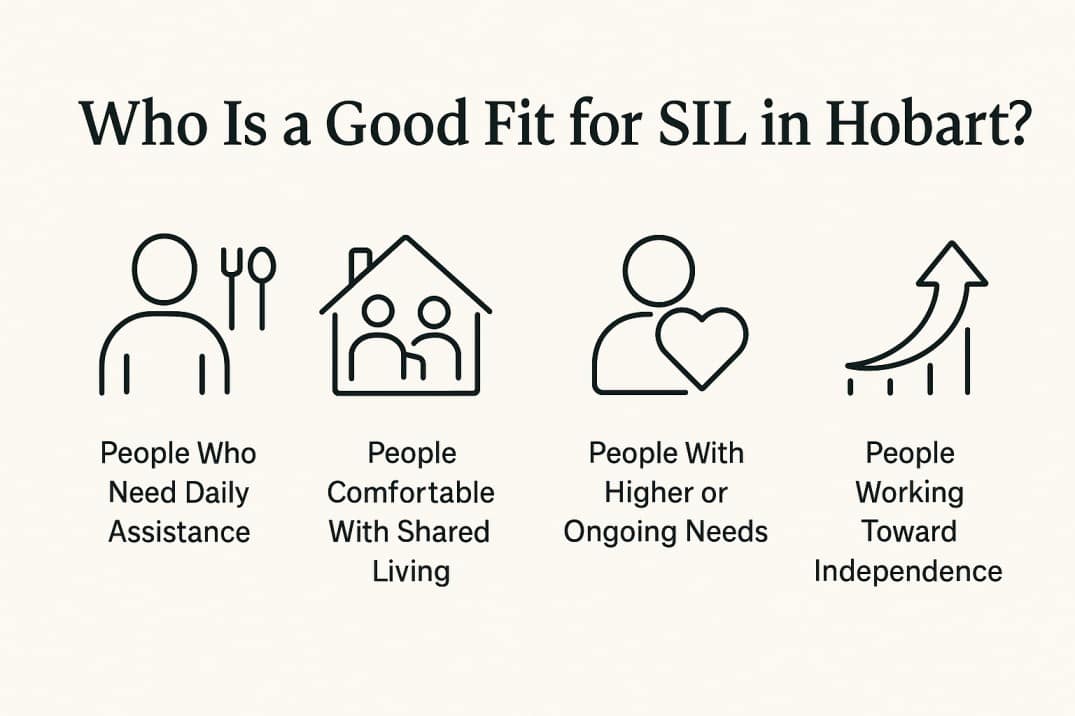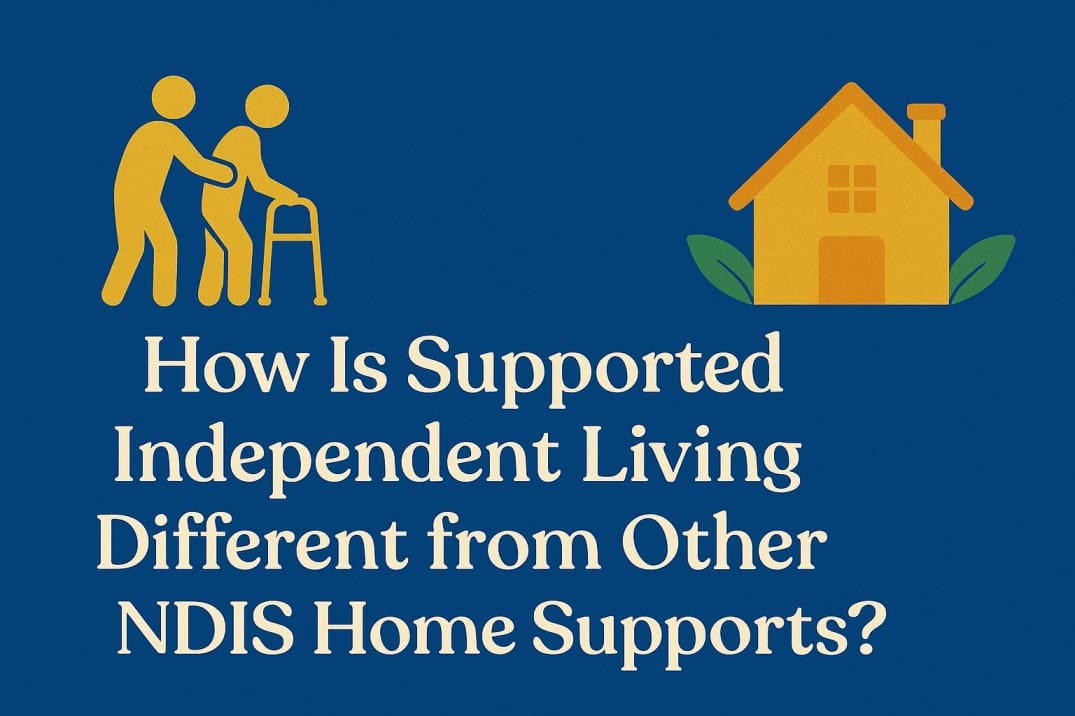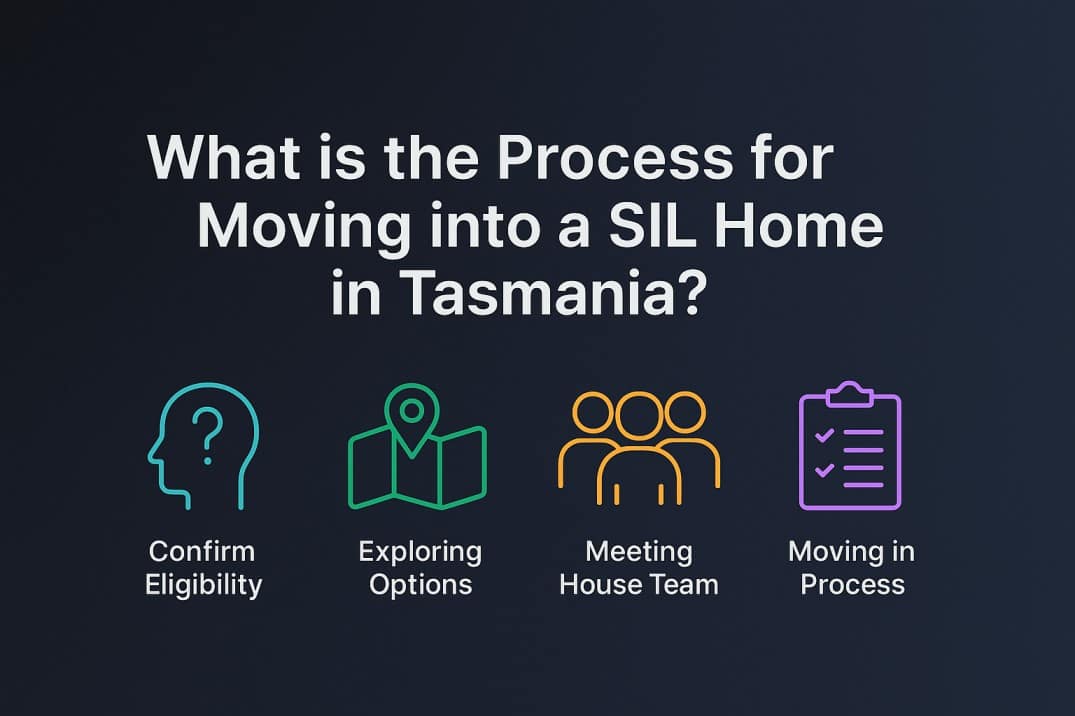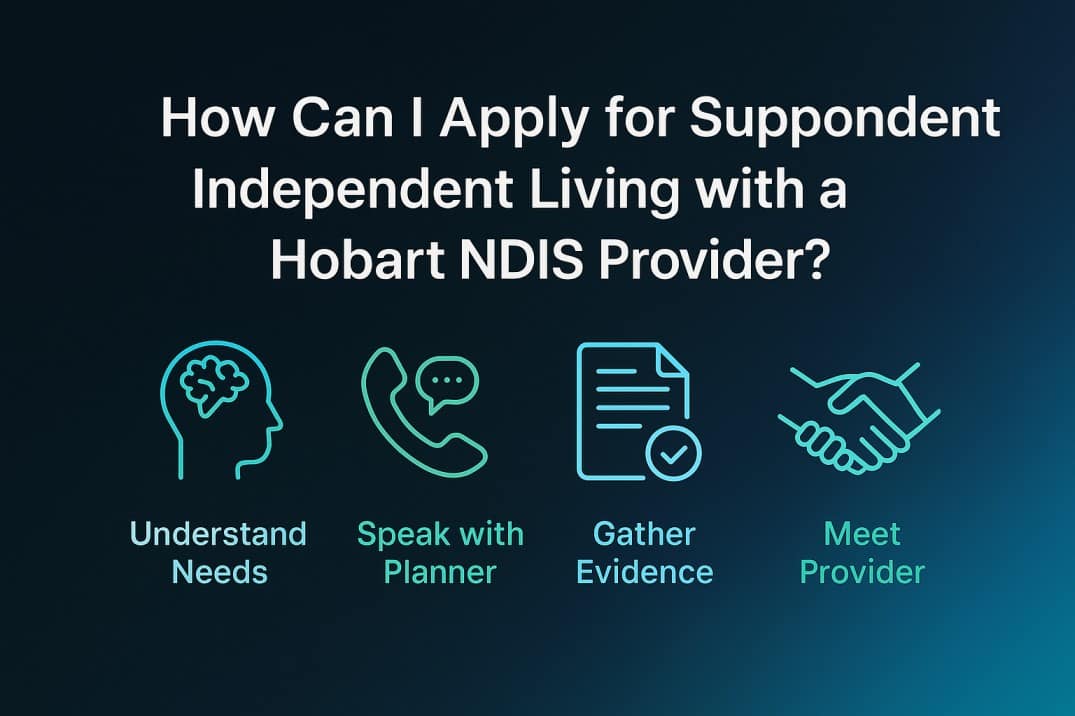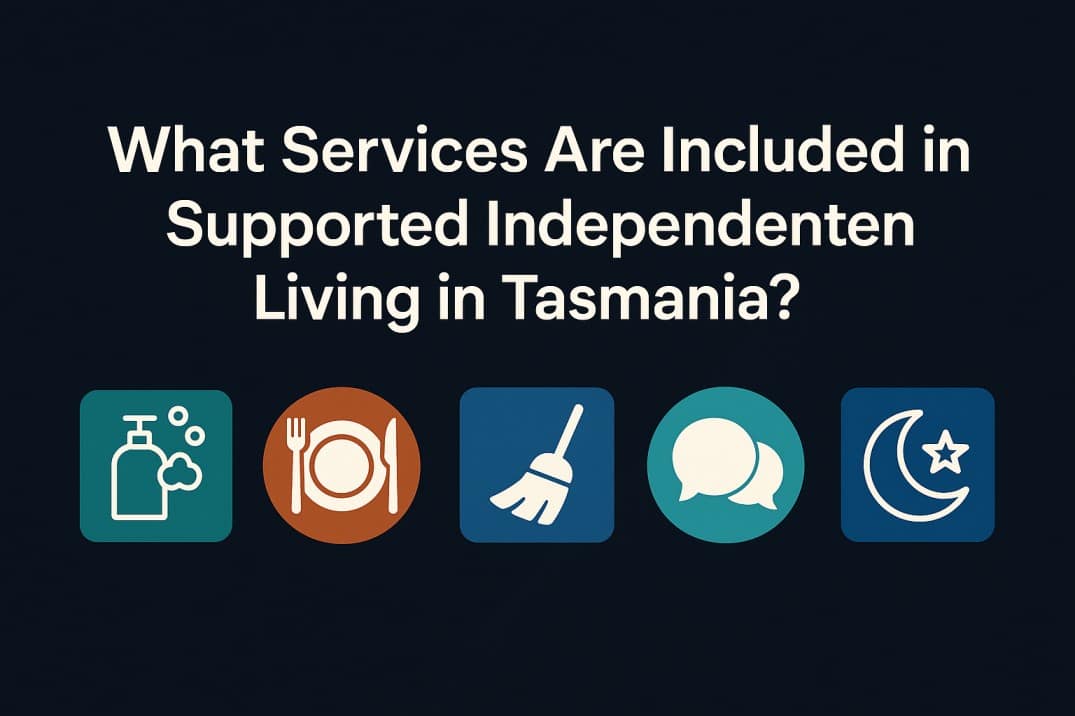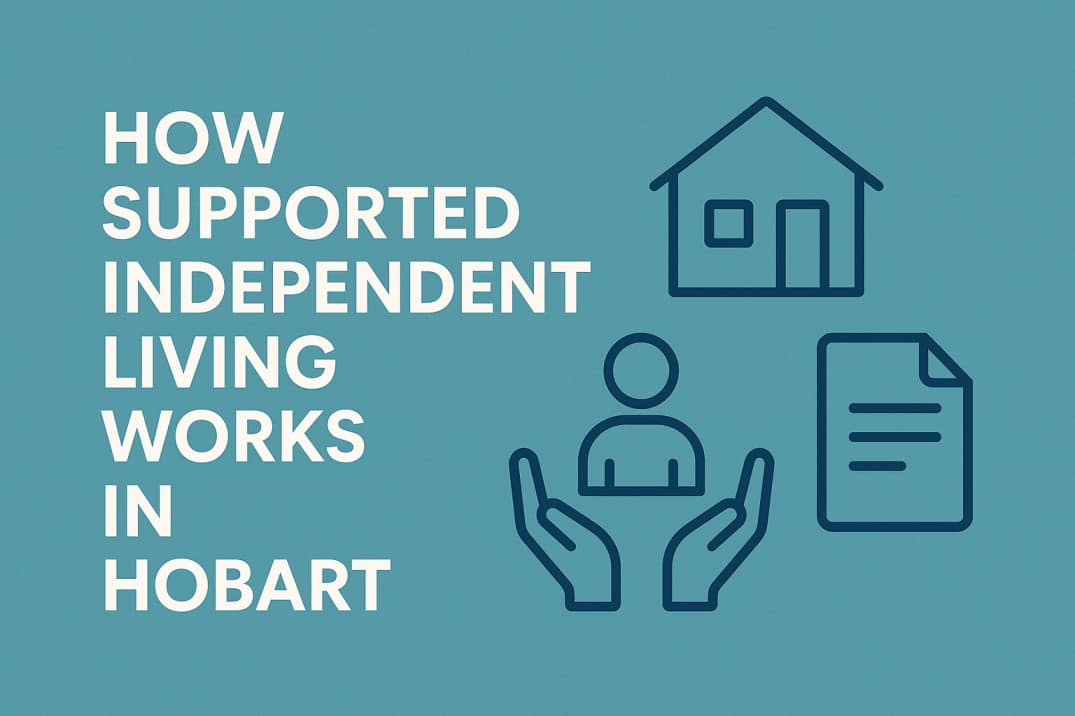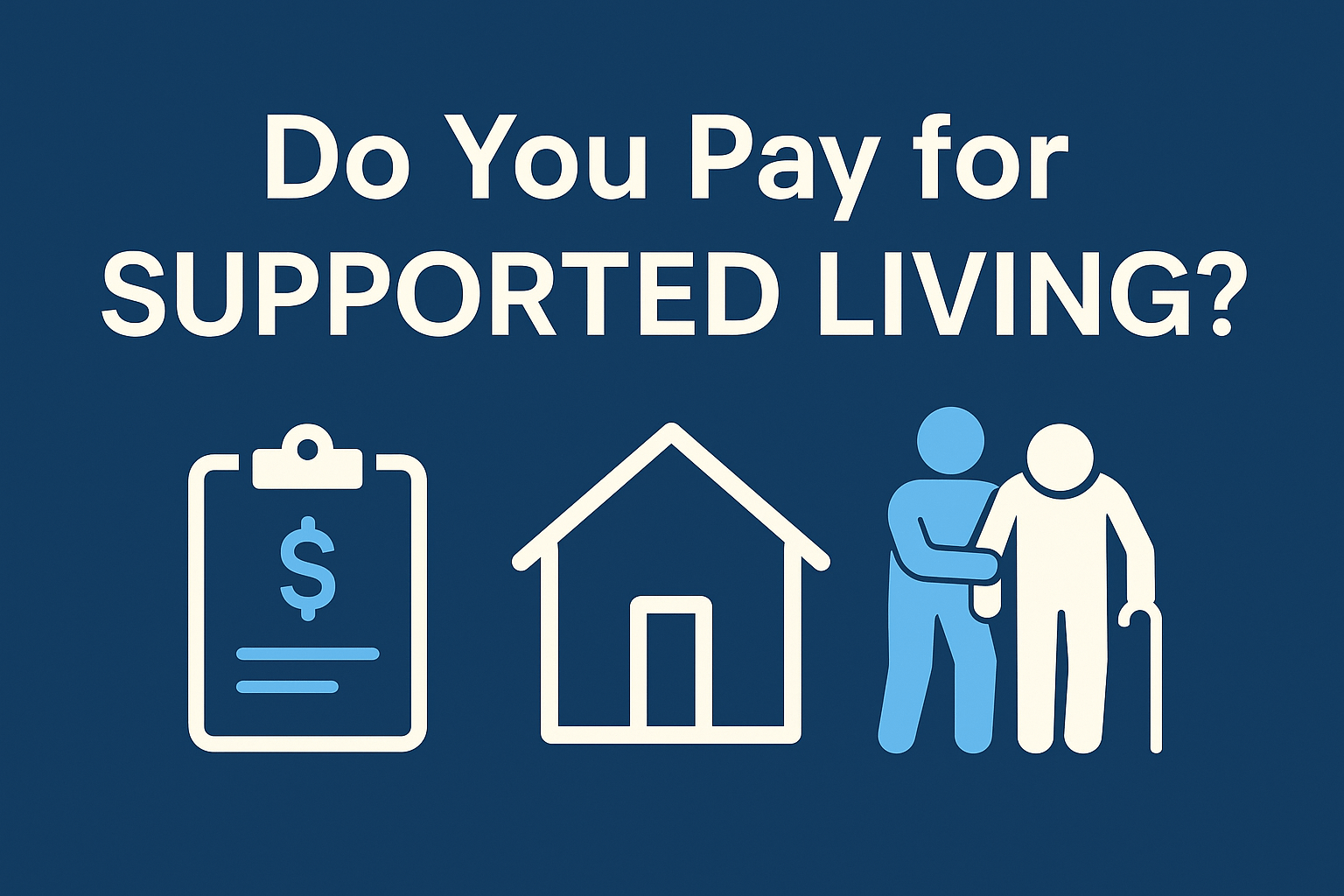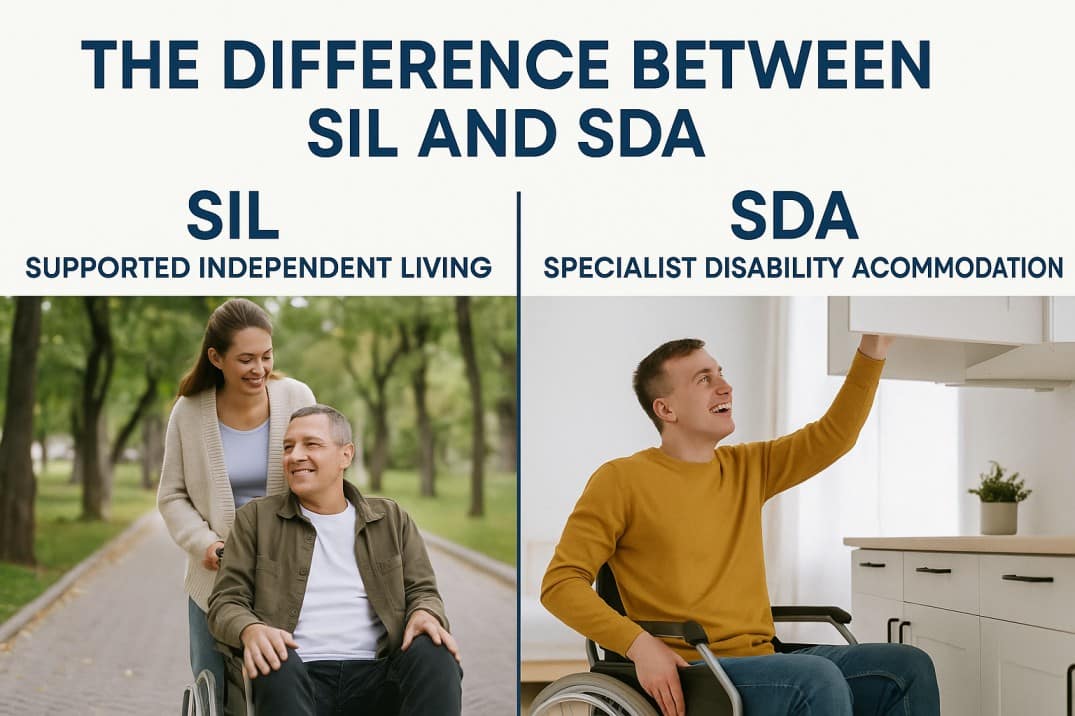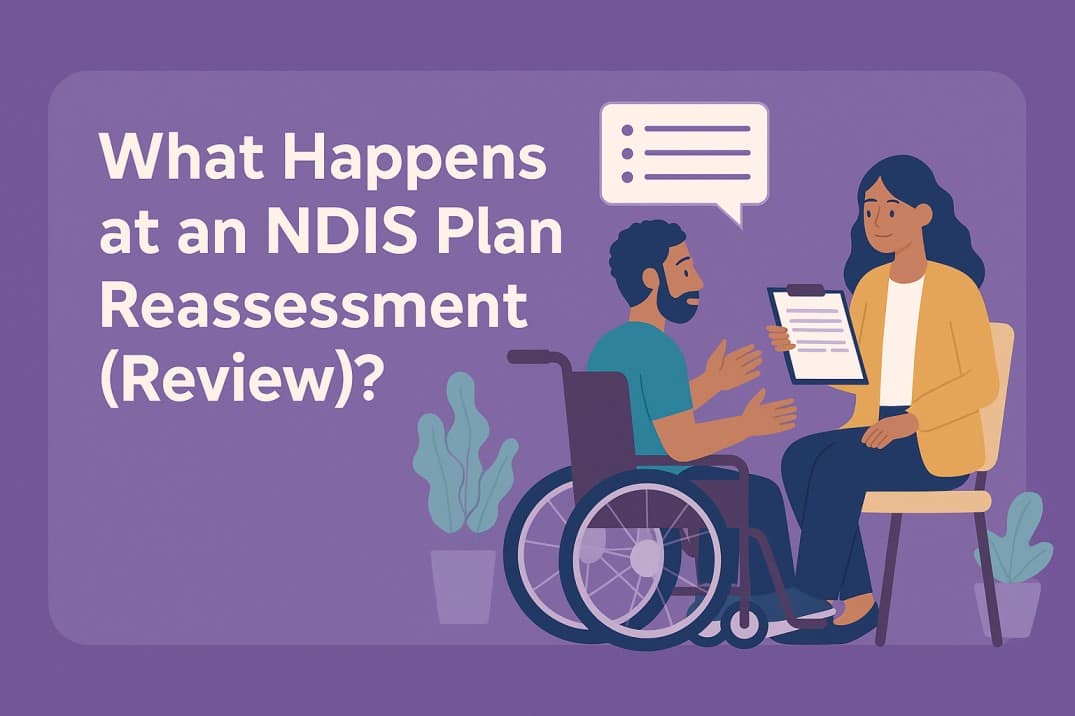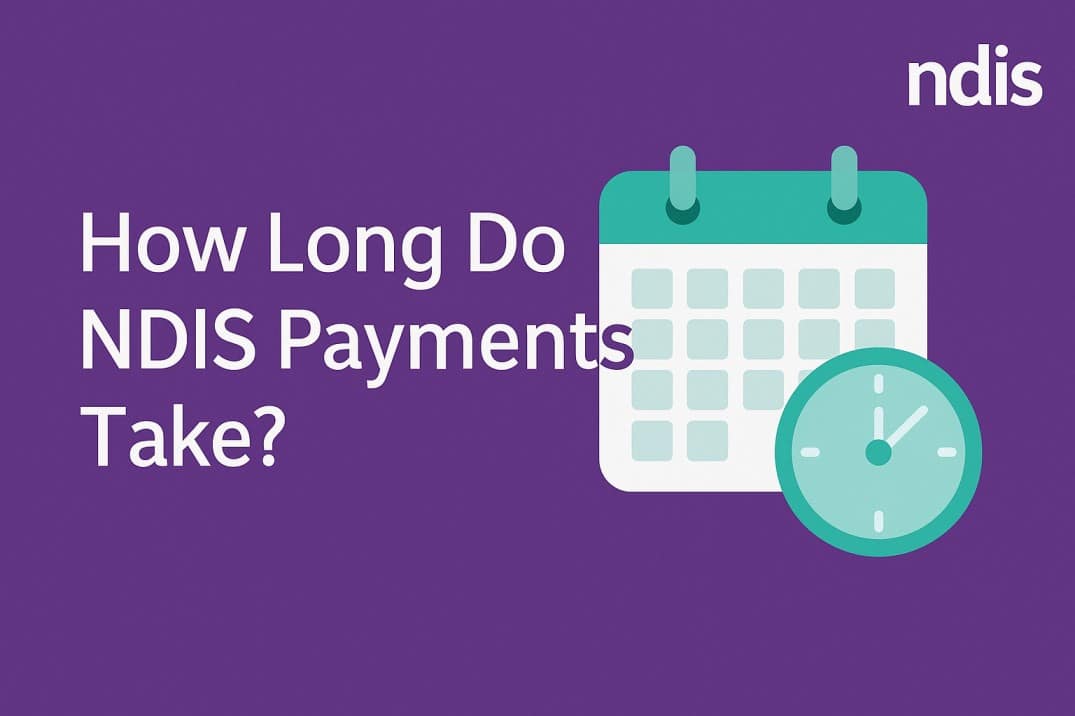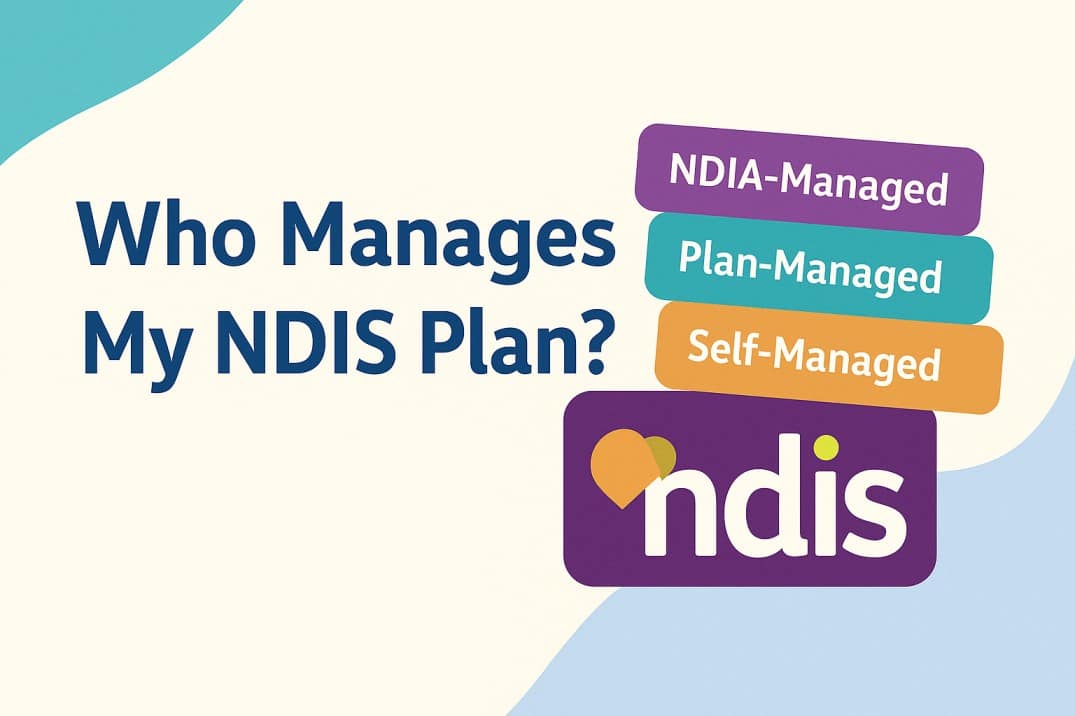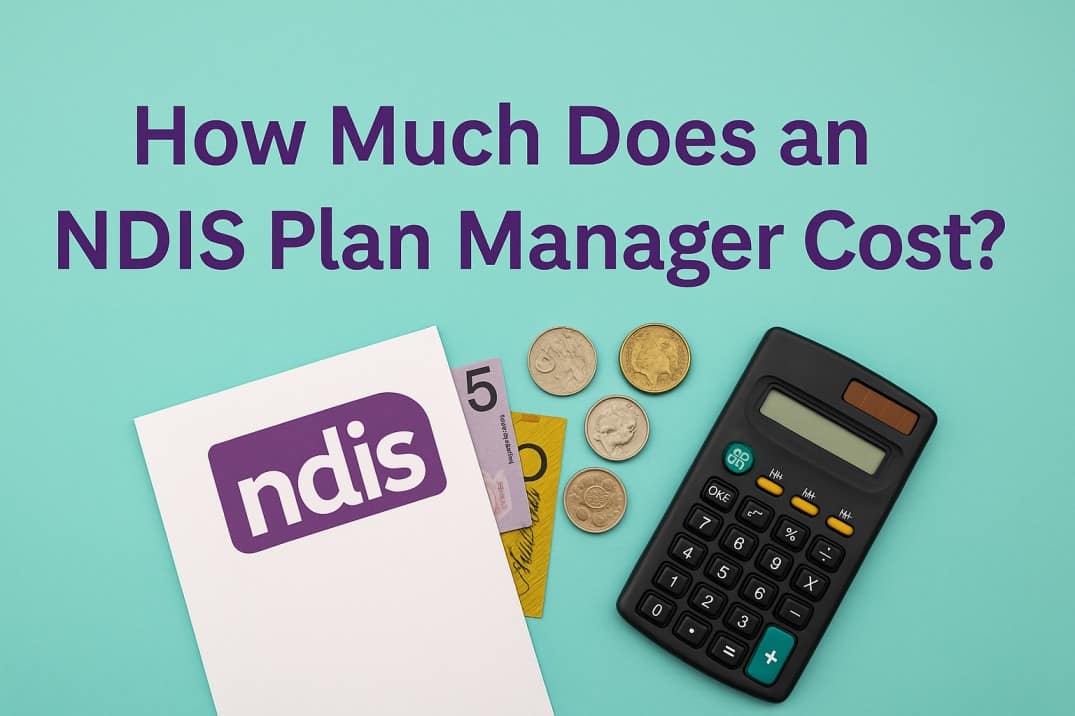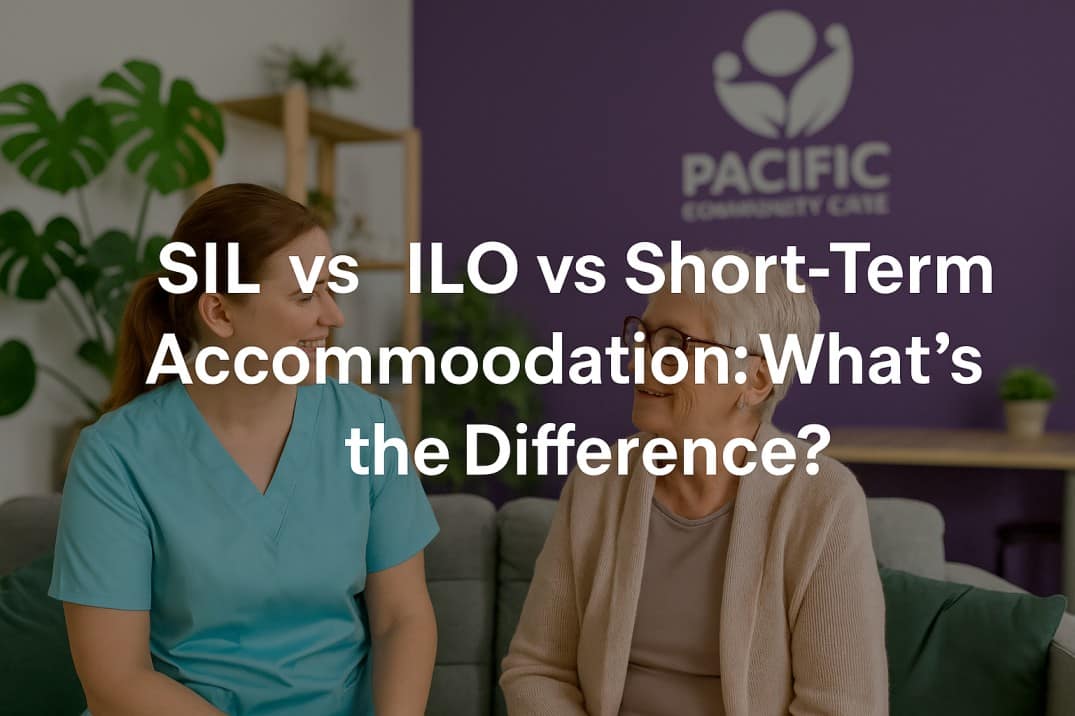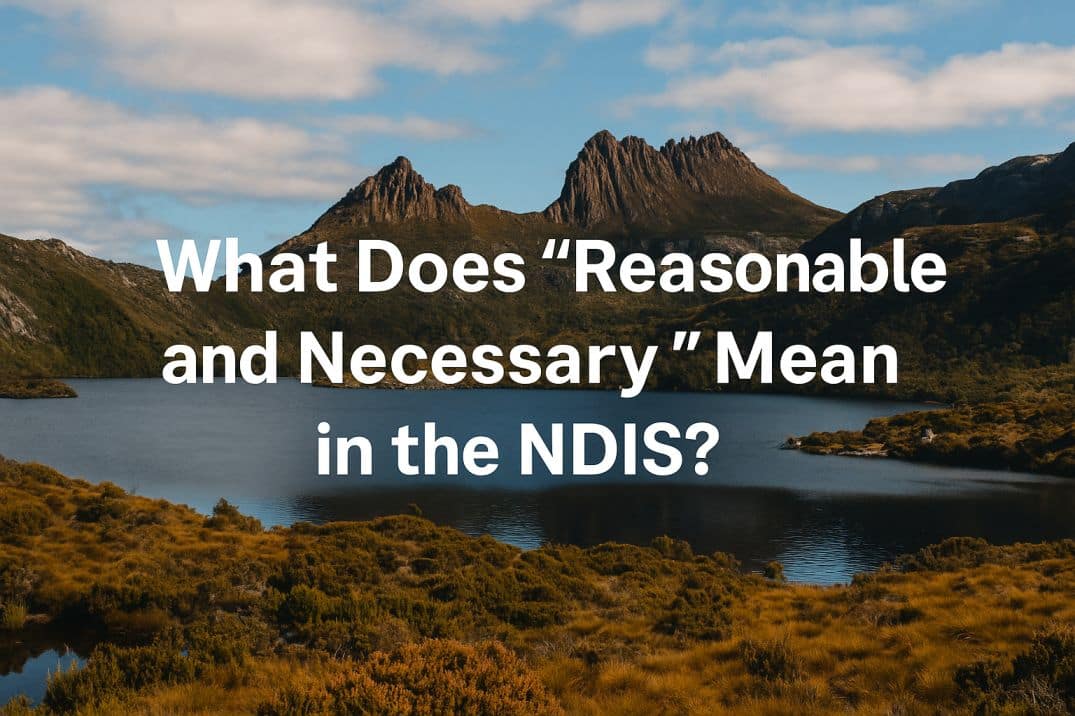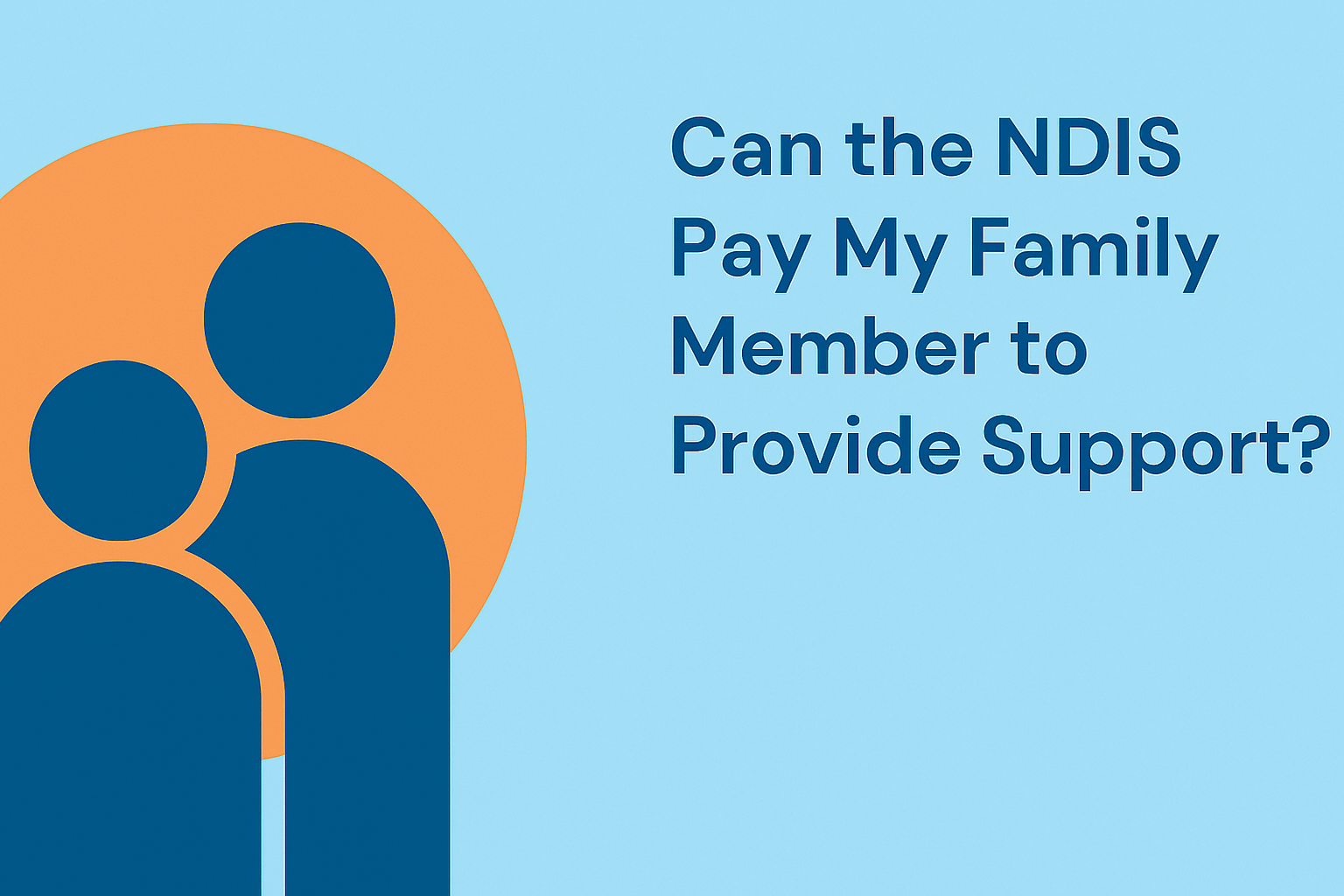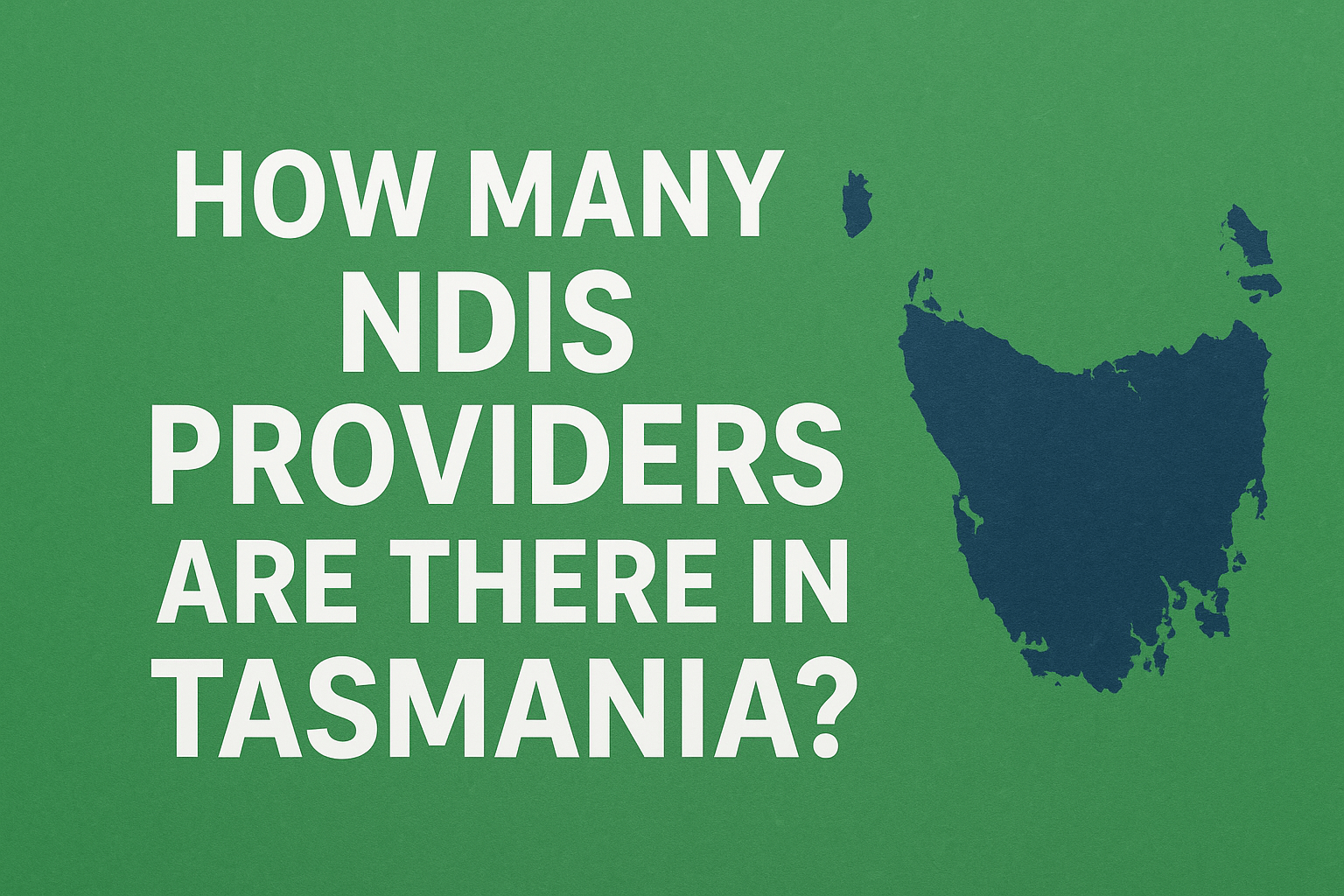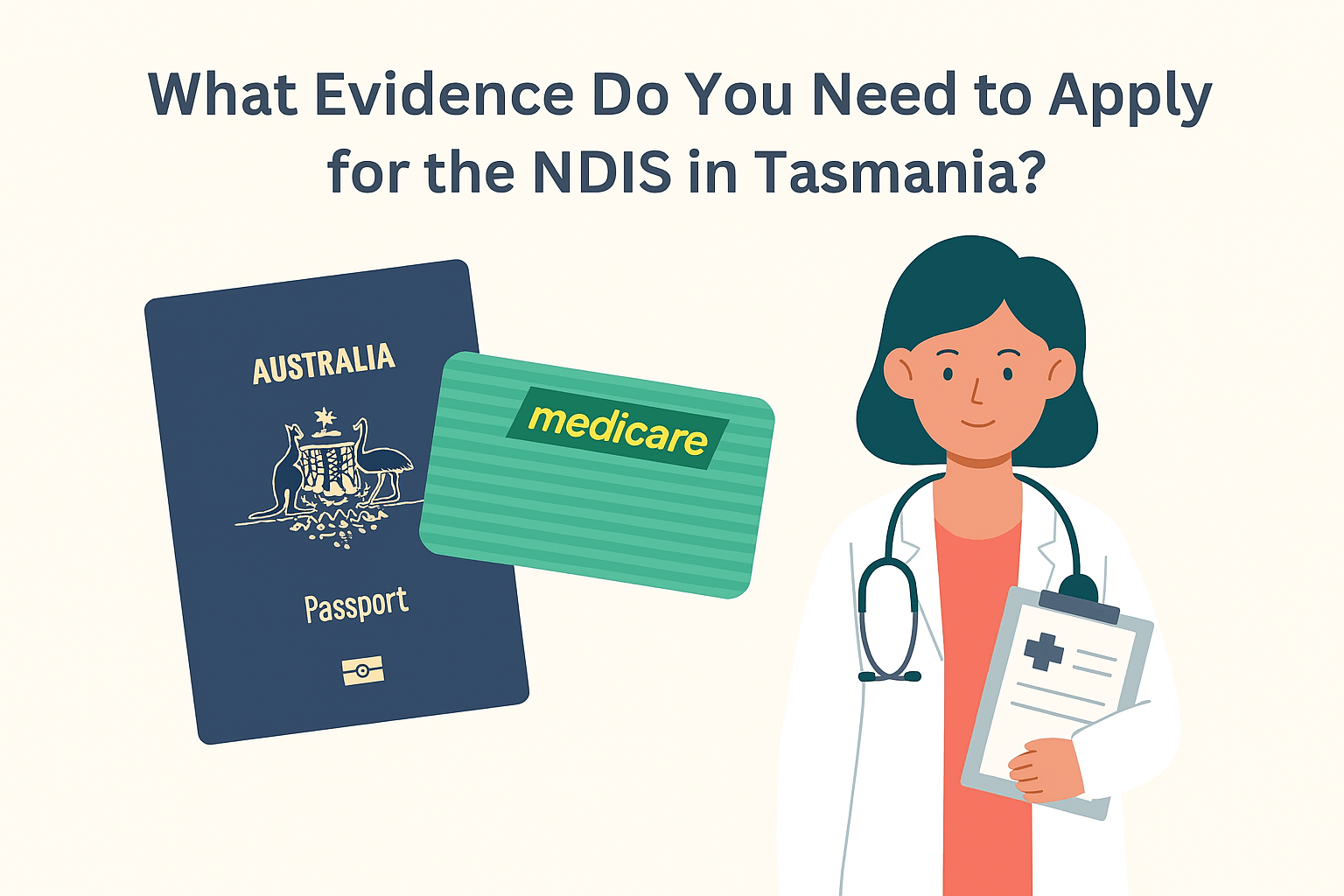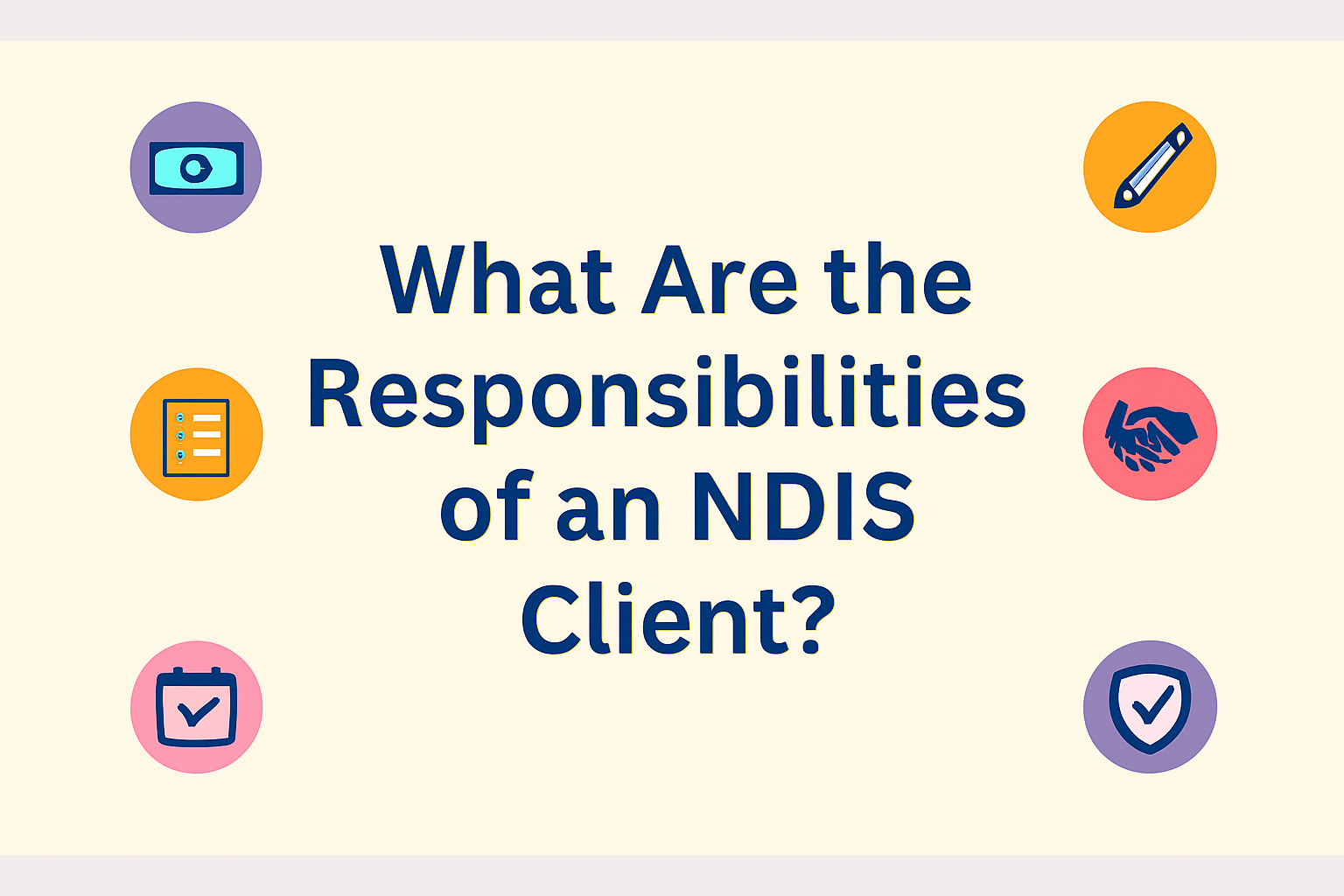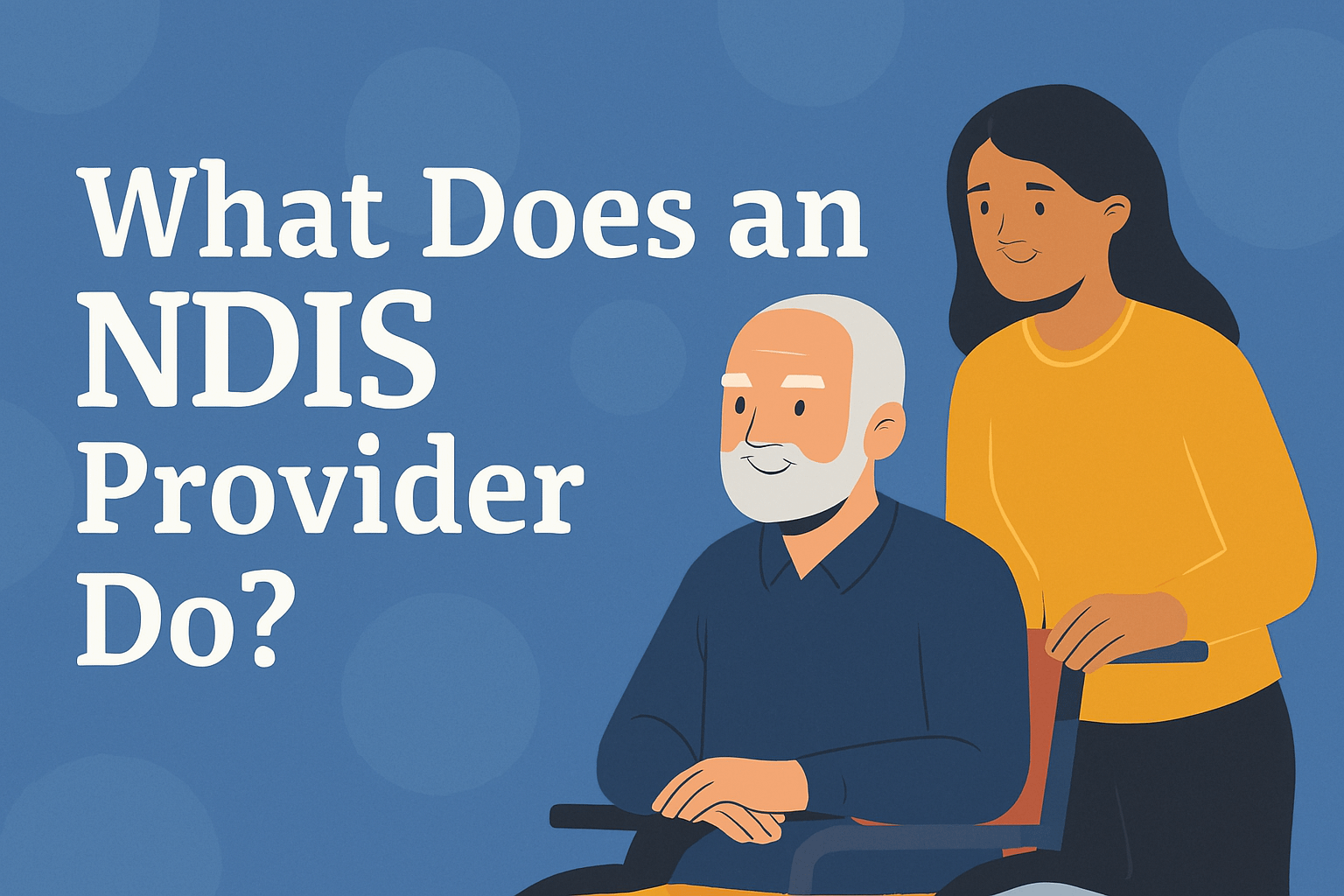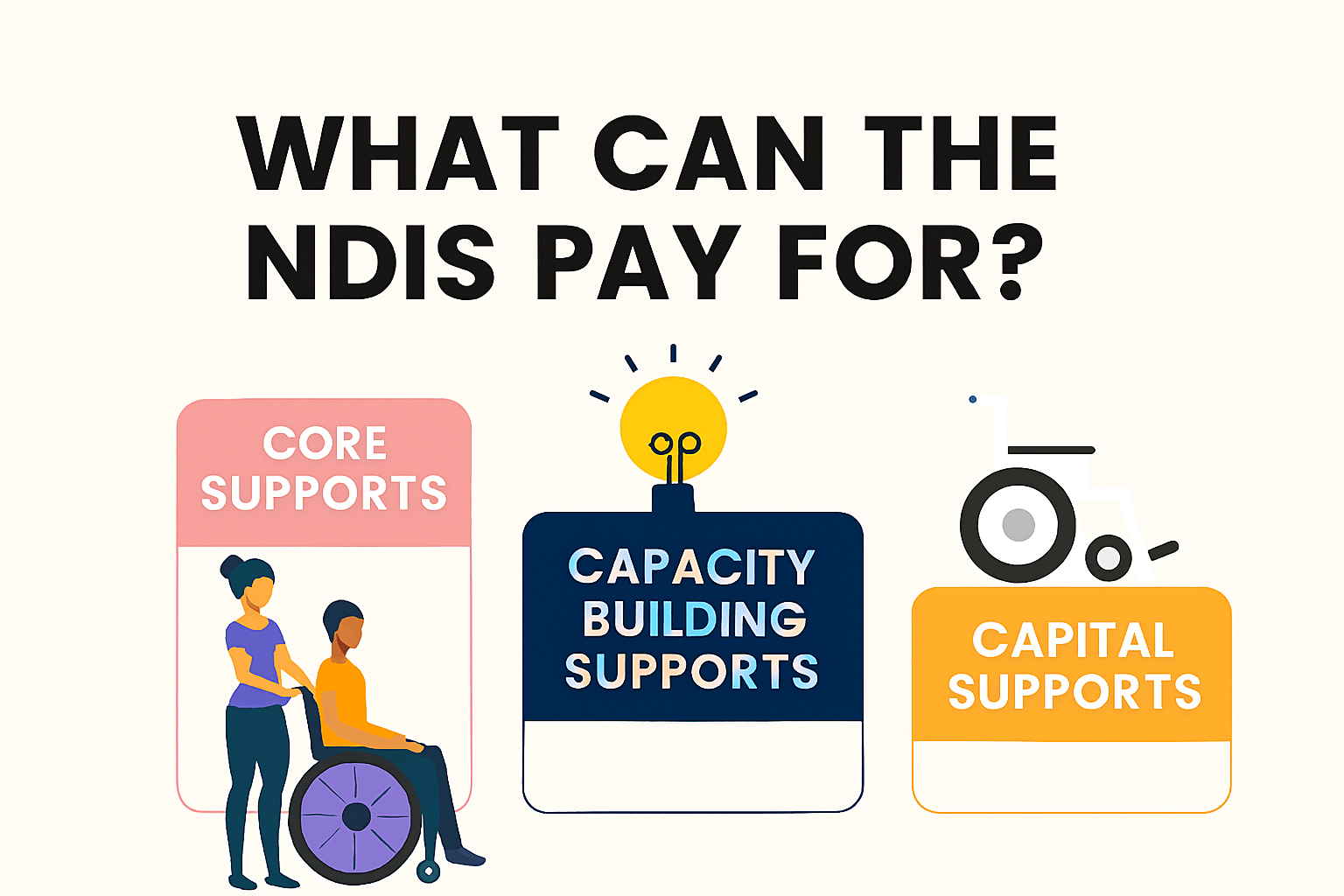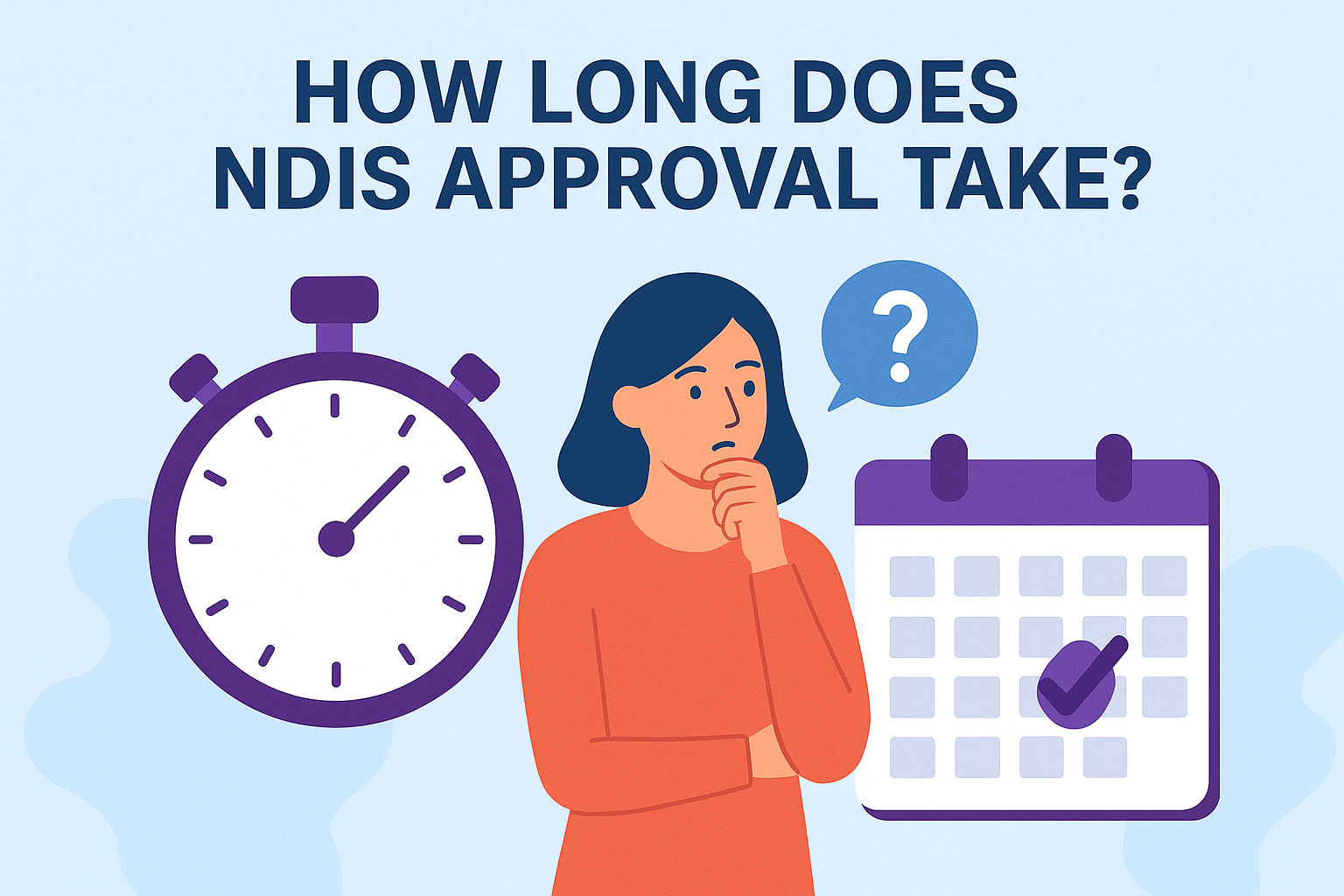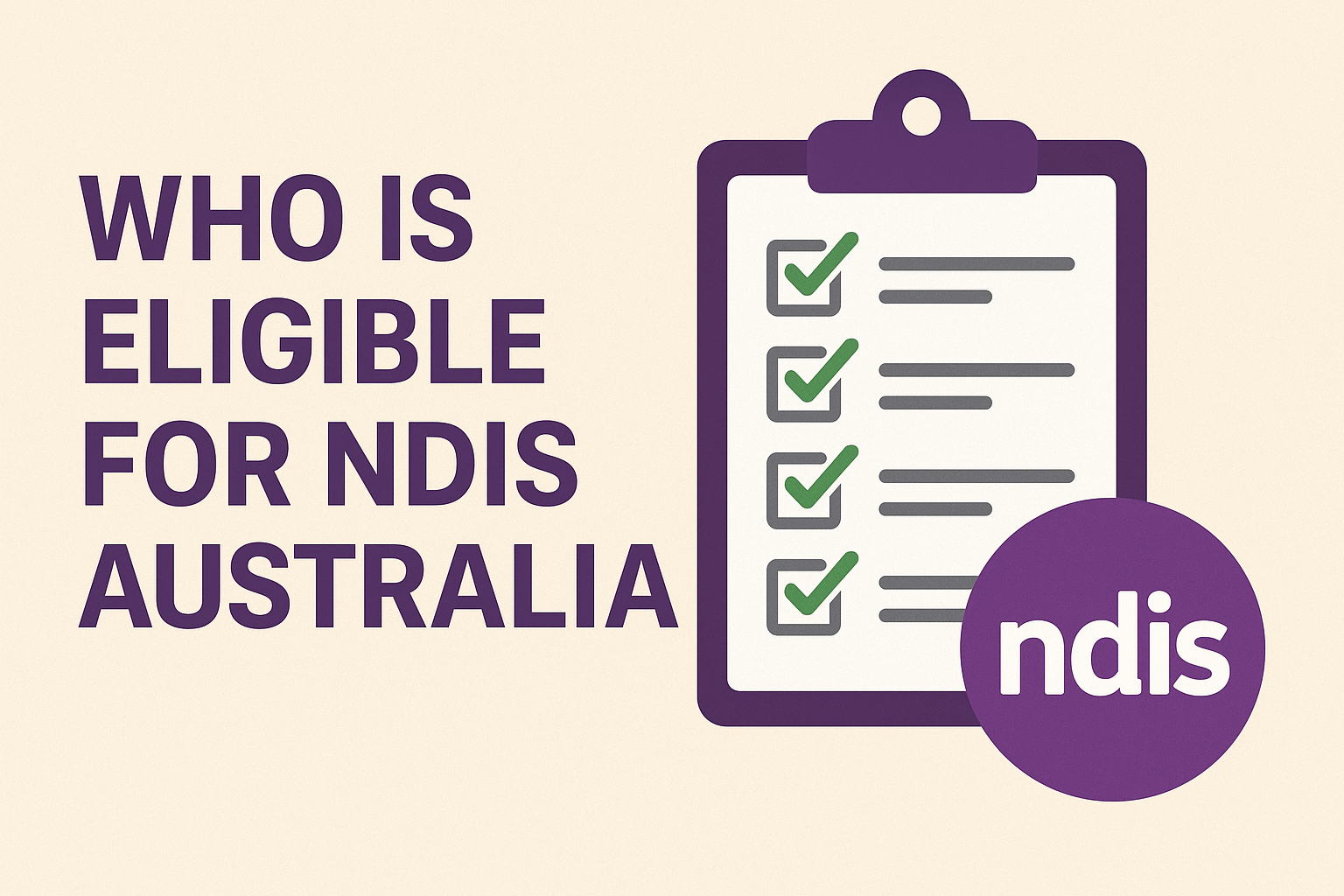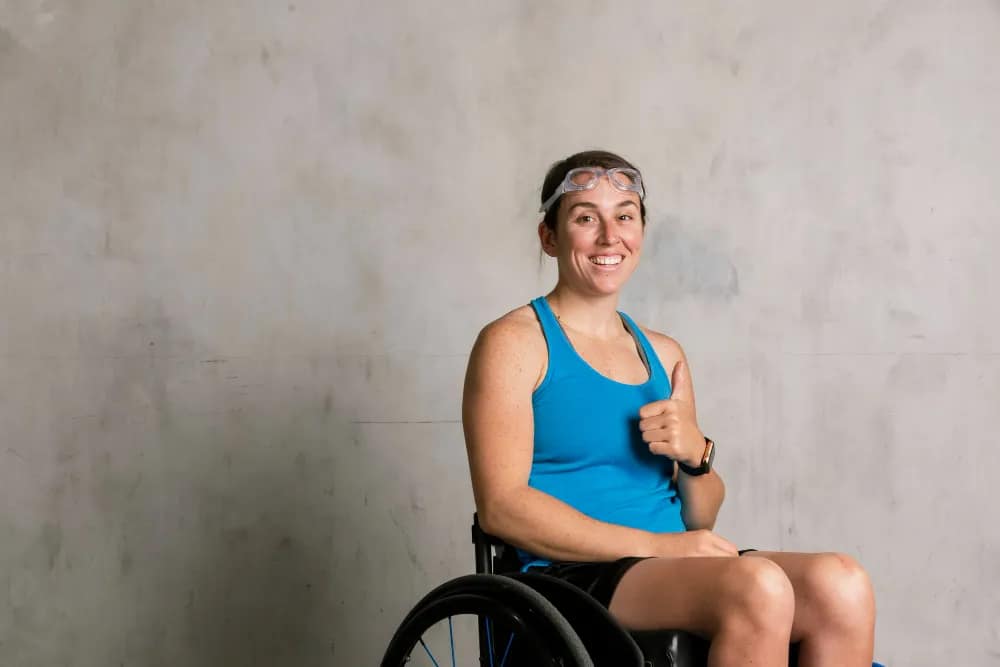The NDIS funds Assistive Technology that helps participants improve independence, mobility, communication and daily living. AT is grouped into three cost levels: low, mid and high, each with different requirements.
Low-Cost AT (Under $1,500)
Low-cost items are everyday aids that don’t need a specialist assessment. These are usually purchased from your Core budget. Examples include:
• Shower chairs and stools
• Handrails and grab bars
• Pressure cushions
• Modified cutlery or kitchen aids
• Sensory tools or communication apps
• Walking sticks or basic mobility aids
You generally do not need quotes or reports for these items.
Mid-Cost AT ($1,500 to $15,000)
These items may need a quote and some supporting documentation, such as advice from an allied health professional. Examples include:
• Manual wheelchairs
• Adjustable beds
• Specialized seating
• Portable ramps
• Hearing aids
• Communication devices with software
An OT or therapist may be asked to confirm suitability and safety.
High-Cost AT (Over $15,000)
High-cost equipment requires formal assessments, detailed reports and quotes from specialist providers. Examples include:
• Custom power wheelchairs
• Hoists and ceiling track systems
• Speech-generating devices
• Complex home automation systems
• Vehicle modifications
• Advanced prosthetics
These items are funded under the Capital Supports budget and must be considered reasonable and necessary.
Looking for an NDIS provider in Hobart? Get in touch with us today!
